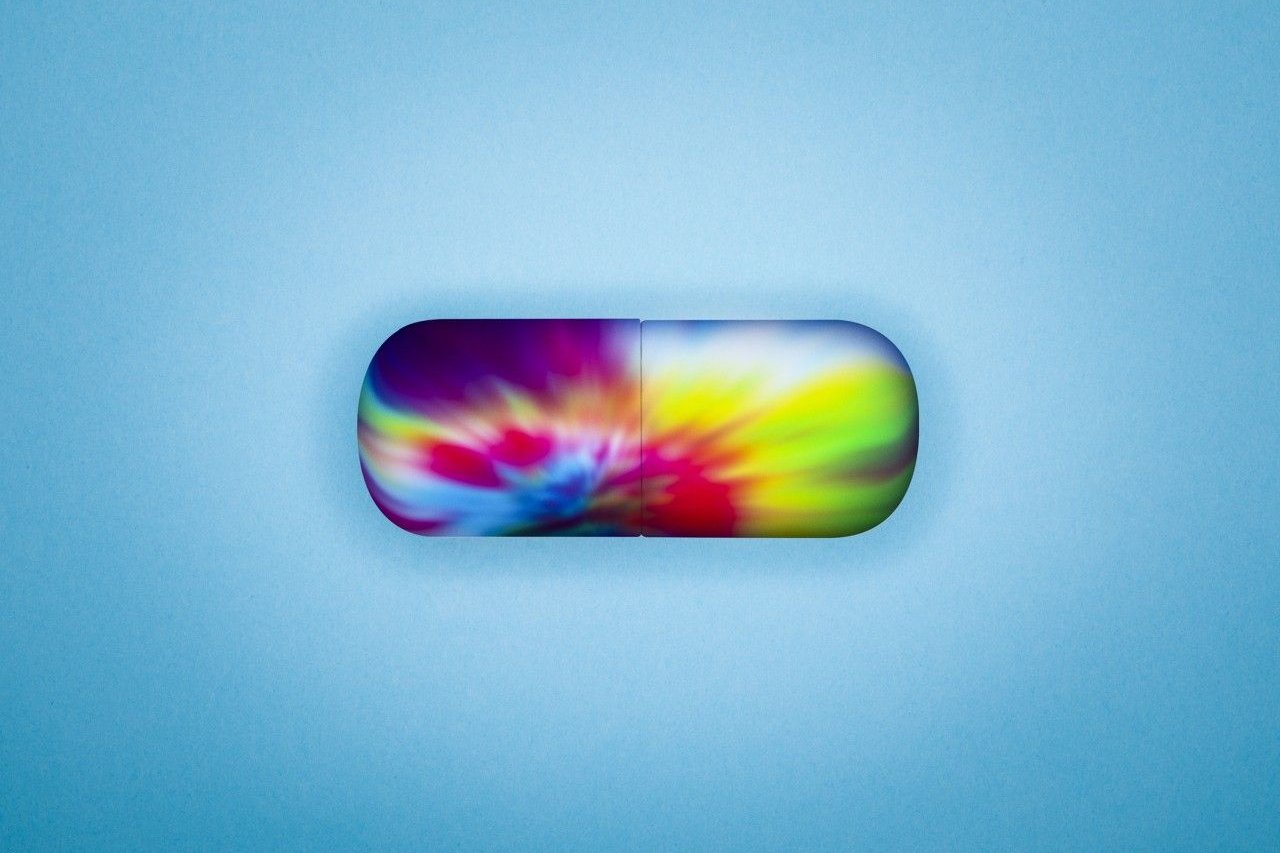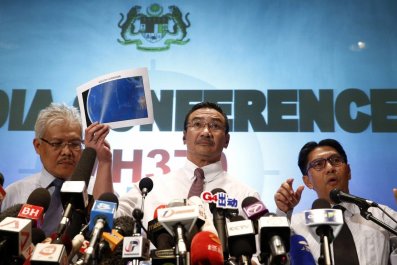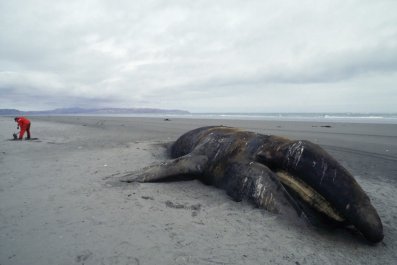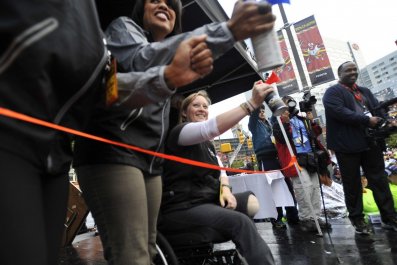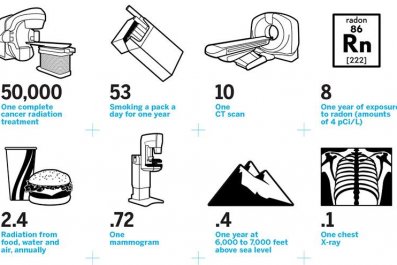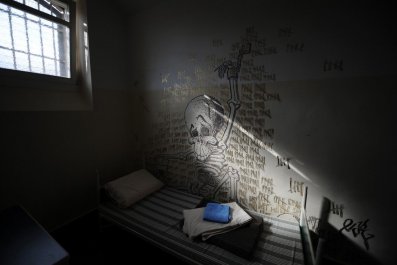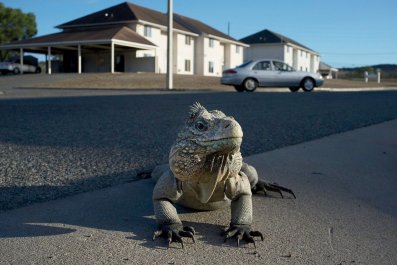Before research on it was banned in the 1960s, lysergic acid diethylamide, more commonly known as LSD or acid, showed promise in treating psychiatric patients, especially those with severe anxiety. But when LSD became inextricably associated with the counterculture movement, the drug was quickly banned, and all research halted.
Now, decades later, researchers are revisiting LSD because they know it can do much more than provide a psychedelic trip. Peter Gasser, the psychiatrist behind the first trial to test the effects of LSD paired with psychotherapy in over 40 years, believes it can be an effective treatment for the anxiety of terminally ill patients. LSD is known to increase sensory perception and even induce synesthesia, but its effects go beyond the senses. "LSD is more a catalyst," Gasser tells Newsweek, that "facilitates a psychological process."
He came to that conclusion after conducting experiments on 12 terminally ill patients. Each was brought to Gasser's office for two sessions, during which they took the psychedelic while being monitored by Gasser and a co-therapist. During the sessions, the patients became "overwhelmed by feelings," Gasser reports. Some felt a "kind of warmth or connectedness to the environment," while "others felt conflict, and fear of suffering or dying."
The drug allowed the patients to see their emotions in a different light, enabling them to take control over their emotions and anxiety. Though parts of the experience were emotionally fraught for some of them, they all calmed down by the end of the six- to eight-hour-long trip-and none of the patients experienced severe side effects, such as bad trips, psychosis or suicidal thoughts.
Gasser's study was small and focused on the terminally ill, in part because recent studies showed that psilocybin, the active ingredient in psychedelic mushrooms, can also decrease end-of-life anxiety. But it yielded very exciting results: Patients who received 200 micrograms of LSD had a 20 percent reduction in anxiety levels. Twelve months later (all the patients were still alive), a follow-up showed that their anxiety levels had stayed down.
Bad trips and abuse (LSD is a Schedule 1 drug, considered the most dangerous) may always be a concern, Brian Iacoviello, director of psychotherapy research in the Mood and Anxiety Program at Mount Sinai Hospital in New York, tells Newsweek. But, he says, "there is slowly mounting evidence that [psychedelic] substances induce positive effects that break the existential anxiety terminally ill patients experience."
These are patients for whom there is, essentially, no hope. However, it may now be possible that therapist-guided LSD use could, in the future, become a safe, effective and even mainstream treatment.



